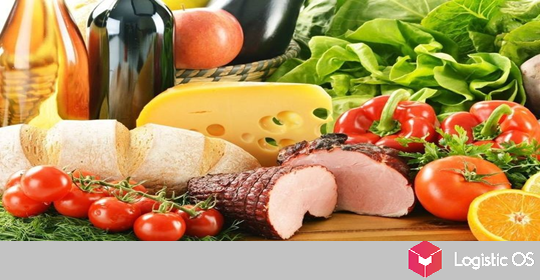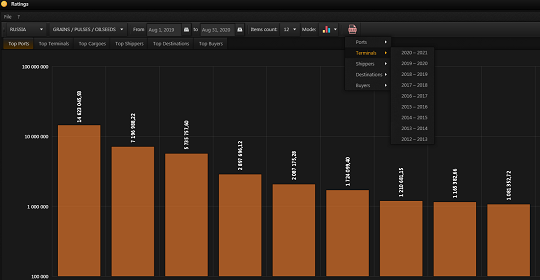The volume of the Russian seed market is about 200 billion rubles, and this is a good opportunity for domestic breeders, according to the Ministry of Agriculture.
200 billion rubles is the amount that Russian farmers spend annually on the purchase of seeds.
A significant part of this amount so far goes to foreign companies that offer such products.
However, this money can be excellent funding for domestic seed growers, but you just need to fight to offer Russian products of decent quality.
So far, domestic breeders have generally managed to provide farmers with seeds of grain crops.
But as for such crops as sugar beets, potatoes and corn, there is a very large area for development, says Roman Nekrasov, representative of the Ministry of Agriculture of the Russian Federation.
“We have quite serious difficulties and risks, we will talk about it objectively.
But we hope that domestic seed production and selection will allow us to fully and qualitatively replace those fallen products that have left the Russian market today.
On the other hand, their departure frees up niches for our breeders and business,” he said.
So far, the supply of sugar beet seeds is less than 2%, potatoes — less than 7%, corn — about 42%.
This is very little: in order to comply with the norms of the Food Security Doctrine, at least 75% is needed, and in the future there are plans to increase the level of self-sufficiency in seeds to 90%.
Will the law “On Seed Production” help breeders?
It is expected that this law will come into force this September. His main requirements:
— Foreign companies should create joint ventures with Russian companies, and the share of foreign companies should not exceed 49%.
— On the territory of the Russian Federation it is required to create enterprises of a full cycle.
— It is required to report on localization to the Ministry of Agriculture.
Many consider such requirements to be excessively strict. For example, the European association of seed market participants Euroseeds, which includes, among others, Bayer, BASF and Corteva, wrote an open letter to Russian Prime Minister Mikhail Mishustin, in which he noted that compliance with such requirements could already threaten the own interests of foreign seed producers.
At the same time, it became known that several companies have already agreed to work under the new rules.
Most likely, it is they who will become the main contenders for occupying the Russian seed market in the near future.

